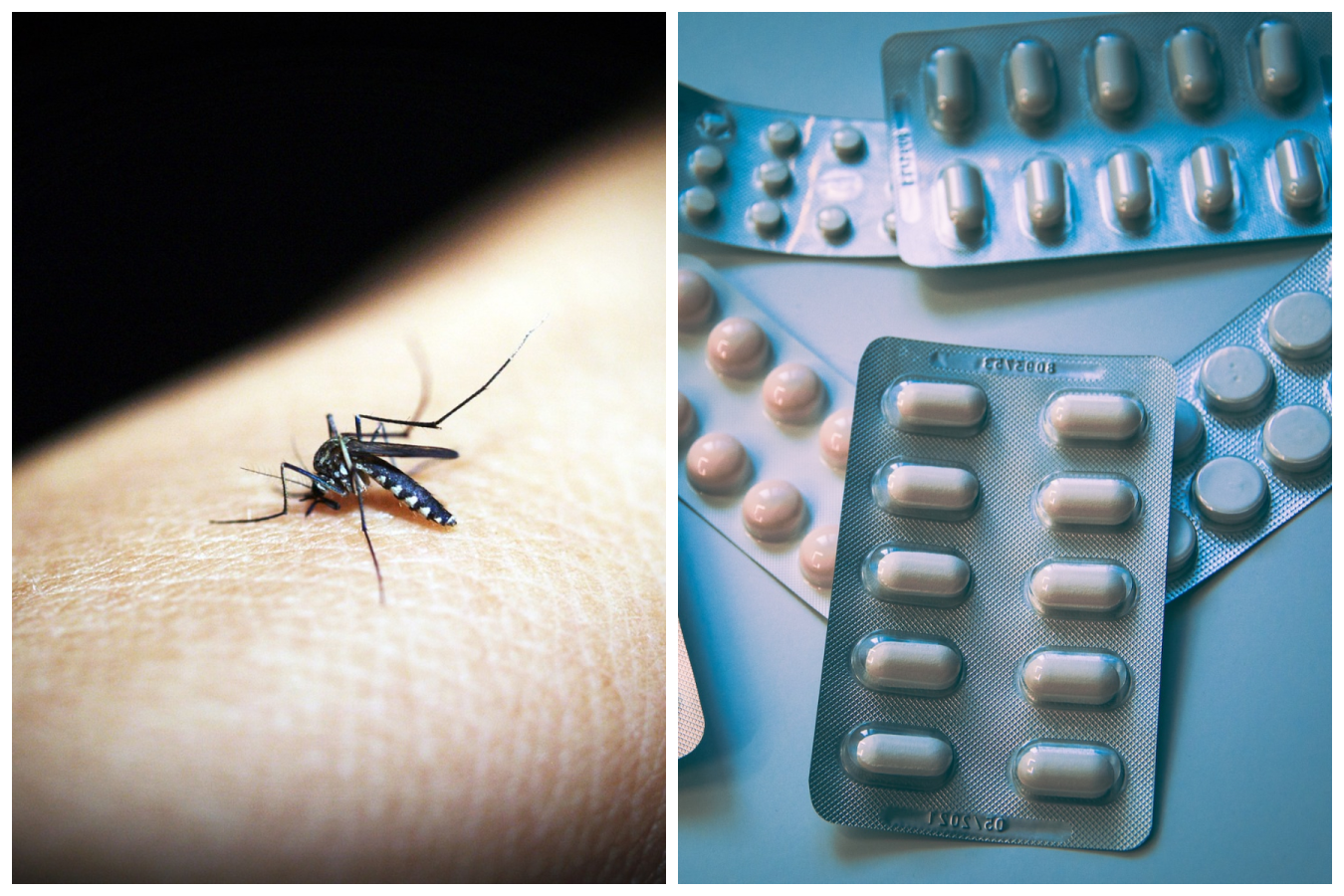Dengue is a viral disease transmitted by the bite of an infected mosquito. It can cause high fever and flu-like symptoms. Although there is no specific treatment to combat it, there are medications that are not recommended as they could make the symptoms worse.
The main mosquito responsible for transmitting this disease is the Aedes aegypti mosquito. The Centers for Disease Control (CDC) describes them as a small species that measures approximately 3 to 6 millimeters, is dark in color with white or silver stripes on the body and legs; and has six legs. They usually live between 4 and 6 weeks.
Dengue often does not cause warning signs, but when they do appear, the most common ones are high fever, headache, muscle aches, bone or joint pain, nausea, vomiting, pain behind the eyes, loss of appetite, and small skin rashes.
Due to its severity, this disease is divided into classic or mild dengue and hemorrhagic or severe dengue. In the former, symptoms subside within a week and are treated with analgesics and antipyretics; while in the latter, the warning signs worsen, and bleeding often occurs.
What is good for dengue
Diagnosing dengue is often difficult because the signs and symptoms are similar to those of other diseases. Therefore, it is recommended that you consult a doctor at the first signs of discomfort, in order to begin treating the disease.
There is currently no specific treatment for dengue. However, doctors prescribe medications to relieve the most common symptoms such as fever, headache, and body aches. The idea is to take acetaminophen, also known as paracetamol, says Eduardo López, an internist.
Medications that should not be taken include NSAIDs (nonsteroidal anti-inflammatory drugs) such as ibuprofen (Advil, Motrin IB, and others), aspirin, and naproxen sodium (Aleve) because they increase the risk of bleeding.
Because of fever, it is important to avoid dehydration. The first symptoms of dehydration in babies and children are, according to the CDC, lack of energy or being irritable, sunken eyes, cold hands or feet with a change in color, and urinating once or twice a day; while in adults it is identified by not urinating much, having dark yellow urine, dizziness, lack of energy or disorientation, rapid heart rate, and sunken eyes.
The recommendation is to stay hydrated and rest until the symptoms subside.























+ There are no comments
Add yours